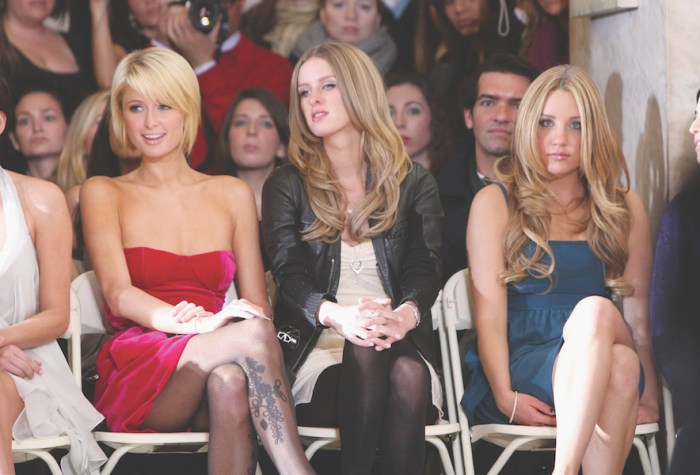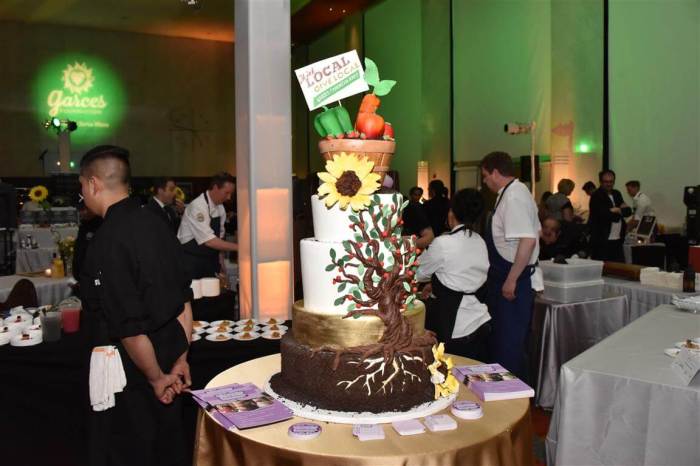As we embark into a socio-political era defined by hate and bigotry, seizing the opportunity to teach students the value of empathy and compassion has never been more important.
But with a current education system that focuses more on performance assessments, especially in the core subjects of reading, math and science, this idea often goes by the wayside, explains educator and artist Cheryl Rattner Price. She partnered with documentary filmmaker, Joe Fab to create a movie about “The Butterfly Project,” a San Diego program she’s been involved with that inspires students to paint and display ceramic butterflies — one for each of the 1.5 million children killed during the Holocaust. The two hope to ignite a conversation around their main mission: making a holocaust education mandatory nationally. It’s a broad education, and one that extends far beyond the religious realm, explains Fab. “It’s a very human issue with lessons that are widely applicable,” he continues. “It has to do with shaping students’ character and growing global citizens.” By taking the lessons of the Holocaust out of the textbook, the interactive project, which has already been rolled out in 20 states, aims to allow students to connect with the subject matter on a more personal level. The exercise of painting each butterfly, while looking at a picture of the child and reading through a card of their information creates something incredibly meaningful for the students, Price explains. The project is meant to set the context and have students understand, “this is someone just like you. This child that you’re painting a butterfly for is someone you can identify with. They had a life where they had challenges just like you, and then everything turned on them,” says Price. “We’re helping participants to understand that they’re acting as a voice for the child that no longer has one.” In the end, it’s immersive projects like these that help students to truly understand and reflect on what it’s like to be part of a marginalized and unprotected community, she adds.
“It’s also a reminder that regular people have to be aware of what’s going on around them and protect the good things they have — the culture, the country, the values, the morals —all of those things have to be guarded.” says Fab. “They can’t just be taken for granted.”


















